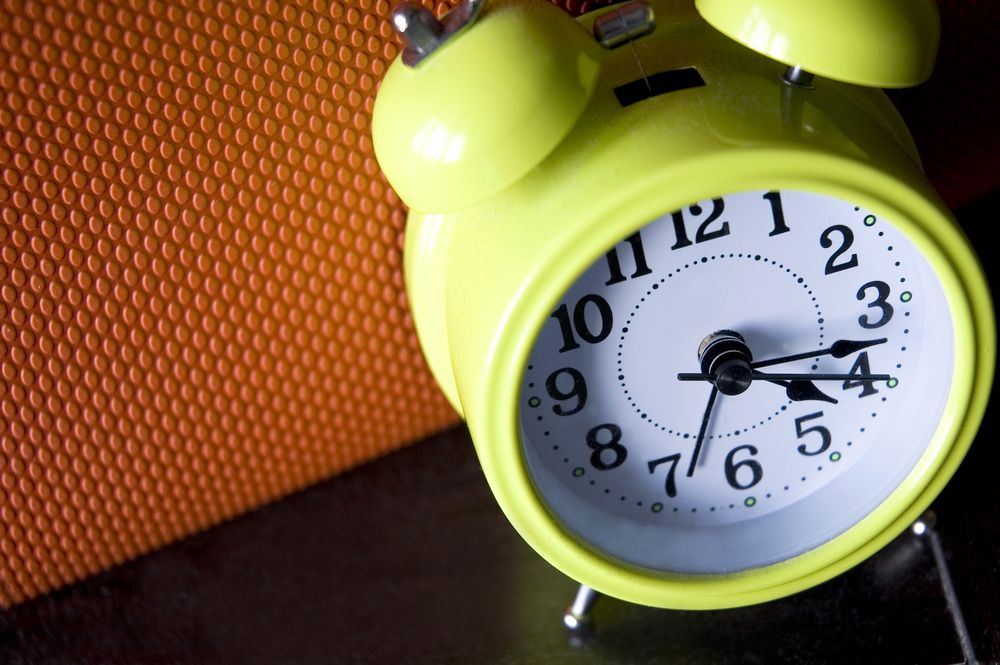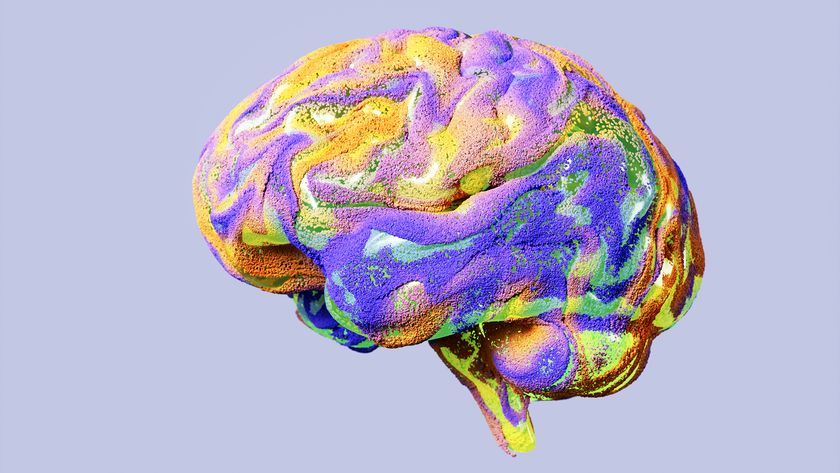Is Your Alarm Clock Making You Fat?

In the industrialized world, a conflict between two opposing forces — biology and the alarm clock — is helping to make people fat, new research suggests.
A discrepancy between the natural timing of sleep and work or school schedules leads to sleep deprivation, since people forced into schedules unnatural to them don't get enough sleep. And survey data indicates people with larger discrepancies are more likely to carry extra weight, according to the researchers.
"We are biological beings, and we have a biological clock, and what society — and I don't mean the bad guys, I mean all of us — is ignoring is the biological clock," said study researcher Till Roenneberg of the University of Munich. "We think we can do whatever we want with the social clock."
Sleep and health
There is a well-established link between sleep and metabolism. Previous studies have linked shorter sleep to obesity, and some have even linked longer sleep to obesity, although this link is less well established, said Jamie Zeitzer, an assistant professor at Stanford University who studies circadian rhythms and sleep. Zeitzer was not involved with the current study.
Different people need different amounts of sleep; this is a separate phenomenon from discrepancy in sleep timing, or as Roenneberg calls it, social jetlag. He and colleagues measured the timing discrepancy by looking at changes in the timing of the midpoint of a person's night sleep between work and free days. [Infographic: Are You Getting Enough Sleep?]
Do you have to use an alarm clock to wake up on time?
Sign up for the Live Science daily newsletter now
Get the world’s most fascinating discoveries delivered straight to your inbox.
Other research has pointed to health hazards, from accidents to diabetes and obesity, associated with shift-work schedules, which move work into the nighttime hours.
"If you are awake at night, there is a good reason from an evolutionary perspective, something has to be going on," Zeitzer said.
As a result, the body behaves as if it is going to need more energy, and people who are awake at night crave higher-fat and sugary foods, and have a greater appetite, he said.
Roenneberg points out that a gene linked to the amount of sleep people need, ABCC9, also plays a role in energy metabolism, or how fast our body uses energy from the food eaten and, in turn, a person's appetite.
Alarming results
Roenneberg and his colleagues drew on survey data from more than 65,000 people, primarily in central Europe, on their waking and sleep behavior during work and free days. The results were published online May 10 in the journal Current Biology.
Their analysis indicated that for each hour of sleep discrepancy someone experienced, they were 33 percent more likely to have a high body mass index (BMI, or an indicator of body fatness), Roenneberg said. (Someone with a BMI of 25 is considered overweight, greater than 30 is considered obese.)
However, the effect wasn't uniform. Sleep discrepancy did not explain variations in body mass among those with a normal BMI; however, it was positively associated with increasing weight among those with a higher-than-normal body mass, in the overweight and above range. [8 Reasons Our Waistlines Are Expanding]
This split doesn't interfere with the overall conclusion that more discrepancy is associated with more weight, Zeitzer said.
An owl's world
The survey showed that the weekly loss of sleep is worse for some people, namely, the "night owls" who wake up and go to sleep later. But while work times have stayed relatively constant, the modern world is shifting our natural body clocks later, Roenneberg said.
Our body clocks use light to set themselves; however, the indoor light under which many of us spend most of our days is much dimmer than natural light. As a result our body clocks are pushed later, causing us to wake up and go to sleep later in the day, he said.
To address the problem, Roenneberg, who is also the author of "Internal Time: Chronotypes, Social Jet Lag, and Why You're So Tired" (Harvard University Press, 2012), recommends making work times more flexible, a move he said could make employees happier and more productive, while reducing health-care costs.
Roenneberg said he coined the term "social jetlag" to compare the discrepancy between social and biological time. However, unlike travel jetlag, social jetlag doesn't go away with time, he points out. Zeitzer takes issue with the term, because it implies a biological change not addressed in the research.
You can follow LiveScience senior writer Wynne Parry on Twitter @Wynne_Parry. Follow LiveScience for the latest in science news and discoveries on Twitter @livescience and on Facebook.











